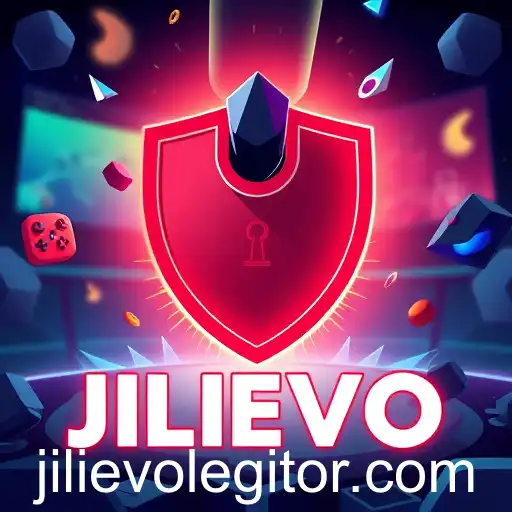
This article explores the legitimacy of Jilievo, an online gaming platform, amidst the evolving landscape of online security and digital trust.
In an era where digital trust is paramount, online gaming platforms must ensure the legitimacy and security of their services. Jilievo, a prominent name in the online gaming sector, has recently become the focus of discussions surrounding its authenticity and security practices. With cyber threats becoming increasingly sophisticated, gamers and developers alike are vigilant about the platforms they use.
Jilievo's rise in popularity has been meteoric, attracting a significant user base looking for interactive and dynamic gaming experiences. This growth, however, has also raised questions about its ability to provide a secure environment for its users. Several forums and gaming communities have expressed concerns over data privacy and the integrity of the games offered on their platform.
To address these concerns, Jilievo has strengthened its cybersecurity measures, employing advanced encryption techniques and regularly updating its security protocols. The platform has also fostered transparency by openly sharing its privacy policies and engaging with its user community to gain feedback on possible improvements.
Despite these efforts, the question remains: is Jilievo truly legitimate? For many users, legitimacy is not solely determined by security measures but also by the platform's adherence to fair play policies and the originality of the content offered. Jilievo's track record in maintaining a fair gaming ecosystem and its commitment to providing unique, engaging content are pivotal in affirming its reliability.
As the gaming industry continues to evolve, the responsibility lies with both the platform providers and the users. Hard-hitting questions about the balance between innovation, security, and privacy must continue to be addressed to foster a safe and trustworthy online gaming culture. Ultimately, Jilievo's ability to navigate these challenges will define its standing in the competitive realm of online gaming.




